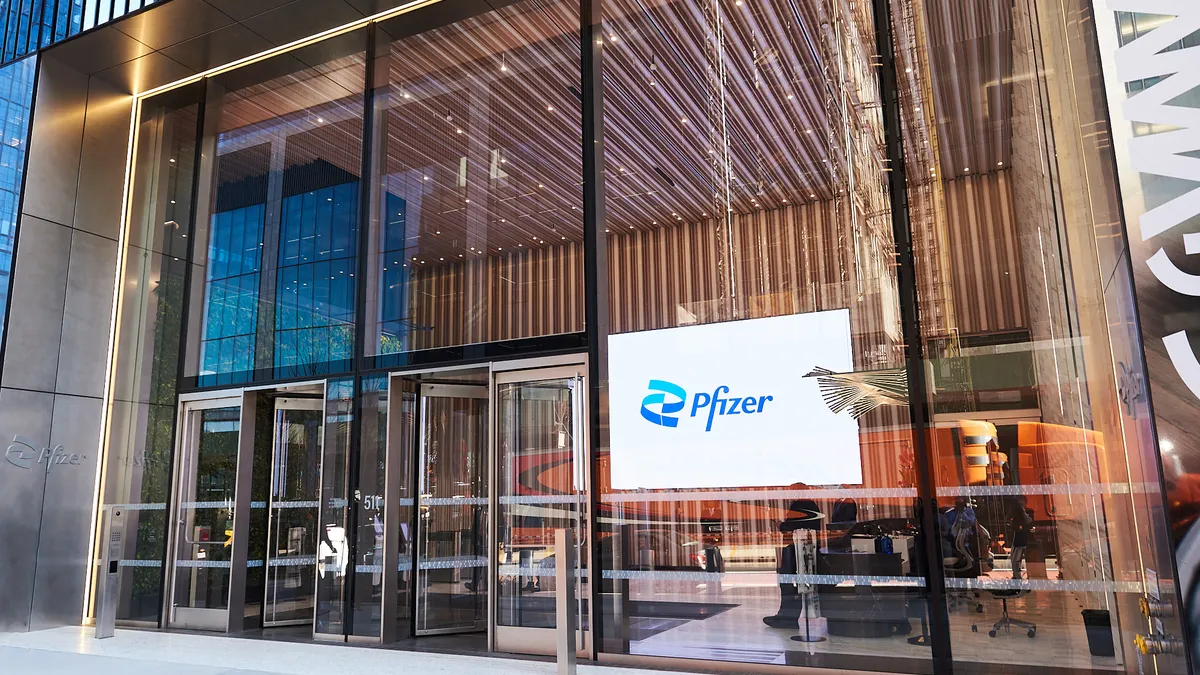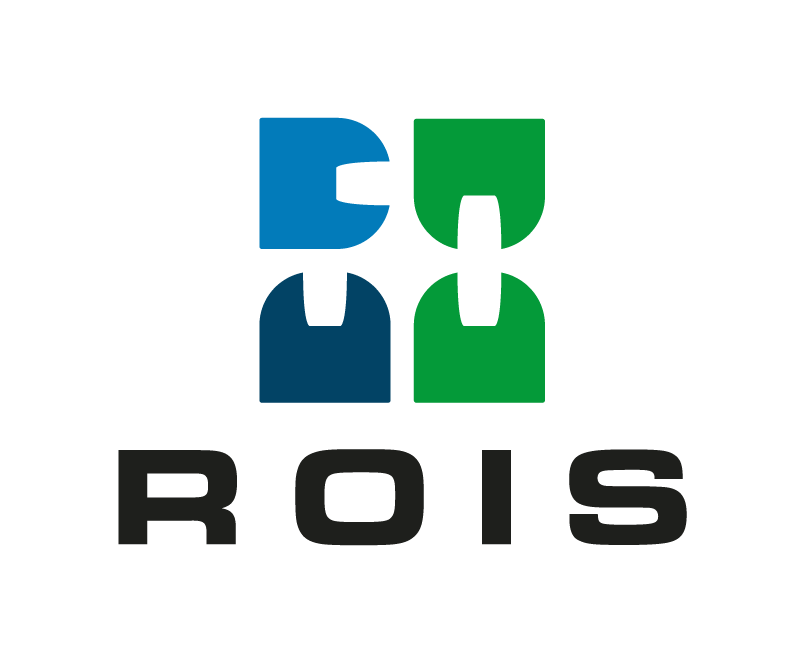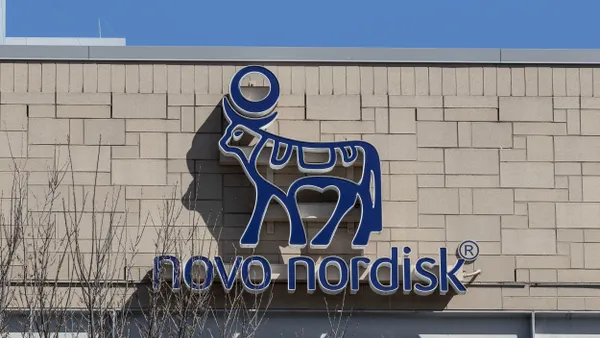Pfizer, facing down a contentious challenge from an activist investor, reported earnings for the third quarter Tuesday that handily beat Wall Street forecasts and led it to boost revenue guidance for the year.
Pfizer now expects to earn between $61 and $64 billion in 2024, up $1.5 billion at both ends of the range from its prior expectations. The pharmaceutical company also upped its estimate for adjusted diluted earnings per share by $0.30.
Sales between July and September totaled $17.7 billion, a growth of 32% year over year primarily driven by high demand for Pfizer’s COVID-19 antiviral Paxlovid. But even excluding COVID products, sales rose by 14% compared to the third quarter of last year amid higher uptake for the company’s rare disease drug Vyndaqel, prostate cancer treatment Xtandi and migraine medicine Nurtec ODT.
“Our performance through the first three quarters of the year is the result of our focus on our most important strategic priorities,” Pfizer CEO Albert Bourla in a statement. “I’m confident that we will deliver on our financial commitments in 2024 and that we are well positioned to continue advancing scientific breakthroughs meaningful to our patients and our company, as well as creating long-term shareholder value, in the years to come.”
This year and last, Pfizer moved to significantly cut costs as the global market for its COVID products, notwithstanding the current quarter, has shrunk overall. The restructuring has involved layoffs as well as changes to the company’s operations and manufacturing.
Yet Pfizer’s aggressive plan wasn’t enough to forestall pressure from activist investor Starboard Value, which this summer amassed an equity stake in the company. The firm briefly had the support of former Pfizer executives Ian Read and Frank D’Amelio, who reportedly reached out to Pfizer directors to encourage them to listen to Starboard’s pitch. Soon after, however, they abandoned their support in a reversal Starboard alleges was the result of Pfizer pressure.
Starboard claims that, under Bourla’s leadership, Pfizer has destroyed tens of billions of dollars in market value by misfiring on expensive acquisitions and failing to deliver on research promises. In a recent presentation, the firm called for Pfizer’s board to “hold management accountable,” but didn’t offer any specific proposals.
Pfizer’s higher-than-expected earnings, and related guidance hike, could help blunt Starboard’s campaign. The company has also improved its gross margins and says it is on track to deliver $4 billion in net cost savings by the end of this year.
On a conference call Tuesday, Bourla addressed Starboard’s challenge directly, describing the company’s “vastly different view” on some of the points raised by the investor. He also pointed to the significant changes Pfizer has already made to improve its cost base and organizational structure.
“We plan to engage with shareholders, including Starboard, and consider any good ideas that create long-term shareholder value,” Bourla said. “But I don't think the statement, ‘something needs to change,’ is really pragmatic, because it's coming 15 months late.”
Still, Starboard has focused its criticism on Pfizer’s recent performance outside of COVID. David Risinger, an analyst at Leerink Partners, noted how a good portion of the raised guidance was due to Pfizer’s higher expectations for Paxlovid sales this year, for instance.
Should Pfizer hit the high end of its new guidance range, fourth quarter revenue would likely come in below Wall Street’s current consensus for sales between October and December, he added in a client note Tuesday.
And while Vyndaqel, Xtandi and Nurtec ODT are performing well, other recently launched drugs have grown more slowly. Last month, Pfizer said it would pull from market Oxbryta, a sickle cell disease treatment it acquired in a $5.4 billion deal two years ago.














